Related Article
-
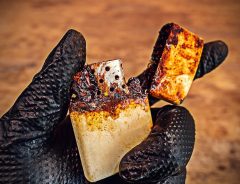
From rust to riches: Japanese “treasure creator” restores tools that have rusted beyond hope
-
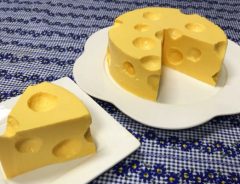
Japanese charming cartoon cheese cheesecake is an easy to make delight
-
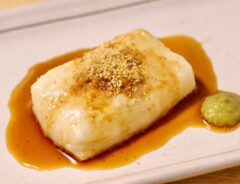
Japanese chef reveals the tastiest way to enjoy your New Year’s mochi
-
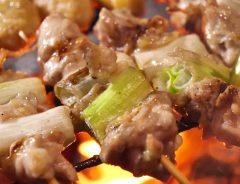
Yakitori, shiitake and steak in the wild: You’ll want camp in Japan after watching this video
-
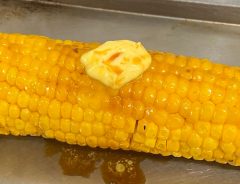
Japanese chef makes mouths water with delicious street stall corn recipe
-

15 Super Easy Japanese Dishes as Presented by Tastemade
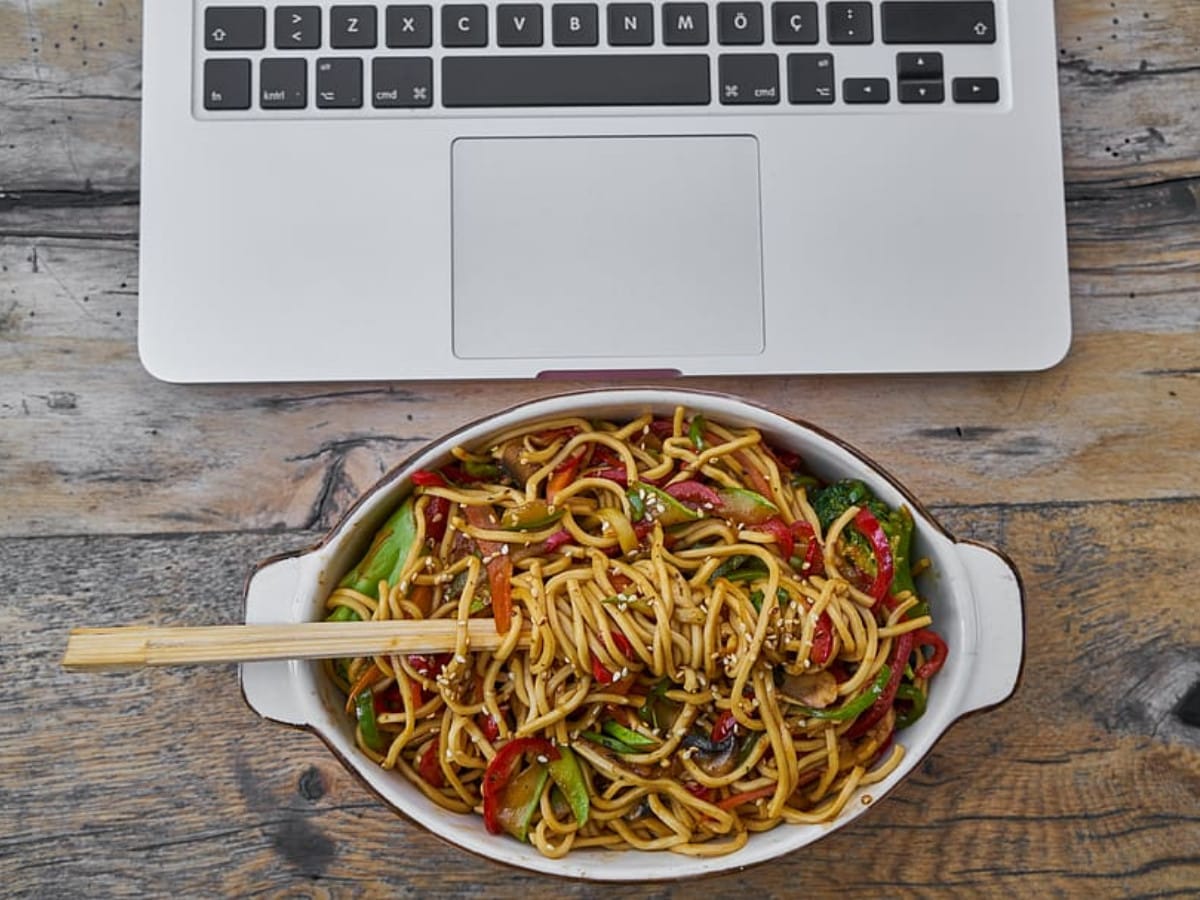


Japanese food is delicious, and I would suggest that residents in Japan are particularly well-versed when it comes to cuisine. Metropolitan centers are havens for delectable yet reasonably priced eateries, and the most popular of restaurants often have lines wrapping around city blocks. While Japanese restaurants are outstanding across the country, foreign high-quality and relatively authentic food is easy to find.
No wonder Japanese television programming is quick to feature unique dishes and distinguished diners. In particular, variety shows, talk shows that often feature panels of celebrities, highlight establishments that have drawn public attention or caught a producer's eye. The general public in Japan is also clearly interested in what’s for dinner. According to adult goods producer TENGA, consumers in Japan rated “eating delicious food” as more pleasurable than sex.
So, perhaps it's not so surprising that YouTube is a haven for amateur chefs, independent culinary enthusiasts, and all walks of people who love celebrating scrumptious foods. On the website, vloggers chow-down on sumo-sized snacks while celebrities like Naomi Watanabe hold eat-ins with followers.
Taremimi, on the other hand, does things a little differently. A computer enthusiast, on his channel he specializes in casual cuisine with one crucial twist—all of his meals are cooked on his overheating CPU. Yum yum.
Hotcakes
Starting with breakfast, what could be better than pancakes grilled on an integrated circuit. Just like Mom used to make.
Taremimi opens up a bag of pancake mix and gets out the milk. A few moments later, he mixes these ingredients with an egg and is ready to go.
His computer is preheated—if you notice the fan, it's definitely working overtime. Yet, it's not needed now. Taremimi removes it and prepares the CPU by oiling it. He pours on the freshly made batter and waits. Keeping to his theme of computerized cookery, he uses another computer chip as a spatula and flips the cake carefully.
A few moments later, the pancake is starting to look pretty tasty. Taremimi adds a dollop of butter and covers his concoction with syrup. Chowing down, it seems like the CPU pancake was a success—what a perfect way to start the day.
Japanese Curry
Japanese curry is a rice dish with roux, meat, and vegetables. While it was initially imported from India by the British, it is markedly different from curry found in South and South East Asia. To me, it's heavier and meatier. Although it can usually be ordered extra spicy, typically portions are not overwhelming hot like, for example, Thai or Indian curries can sometimes be.
Nevertheless, Taremimi understands it makes for a good lunch. And with his overheating CPU at the ready, he decides to whip up a batch. He takes out some beef and uses a cover plate to slice it. He uses the same plate to peel the carrot and chop the onion. While I have my doubts about how sanitary this method is, it seems to get the job done.
Back at the CPU, he affixes a small camping bowl to the IC. He throws in some butter and uses chopsticks to grease the stainless steel bowl evenly. To flavor the butter, he adds the onions first and sautees them until they are translucent.
With onions put aside, he cooks the meat until it is browned evenly on both sides, whereby he seasons liberally with salt and paper. I'm sure it's starting to smell really good right about now.
Japanese curry needs to be simmered in water to fully cook the contents and form the sauce. Fortunately, his high-powered CPU is up to the challenge. It's a whopping 71 degrees Celsius (159.5 Fahrenheit). Definitely enough juice to get the job done.
After bringing the vegetables and water to a simmer, Taremimi adds the curry stock. Just a few minutes of mixing and simmering, and the curry is steaming hot and ready to be eaten. Served with a side of rice, it looks just as good as an order from Coco Ichiban Curry House restaurant. A thumbs-up shows that the chef approves.
BBQ
It would appear Taremimi is still hungry. After heading to the butcher shop, he makes it back with a cut of boneless ribs of Japanese beef. Nice.
A whirling and buzzing fan indicates that the CPU is heated and ready to go. Taremimi cleans the chip and places the beef directly onto the heated surface. Using his chopsticks to hold down the meat, he ensures that it is browned and cooked evenly. Taremimi is certainly a chef extraordinaire.
Just add a little salt and pepper, and it's ready to eat. Bon appetit.
I look forward to seeing what's on the next episode of cooking with computers.